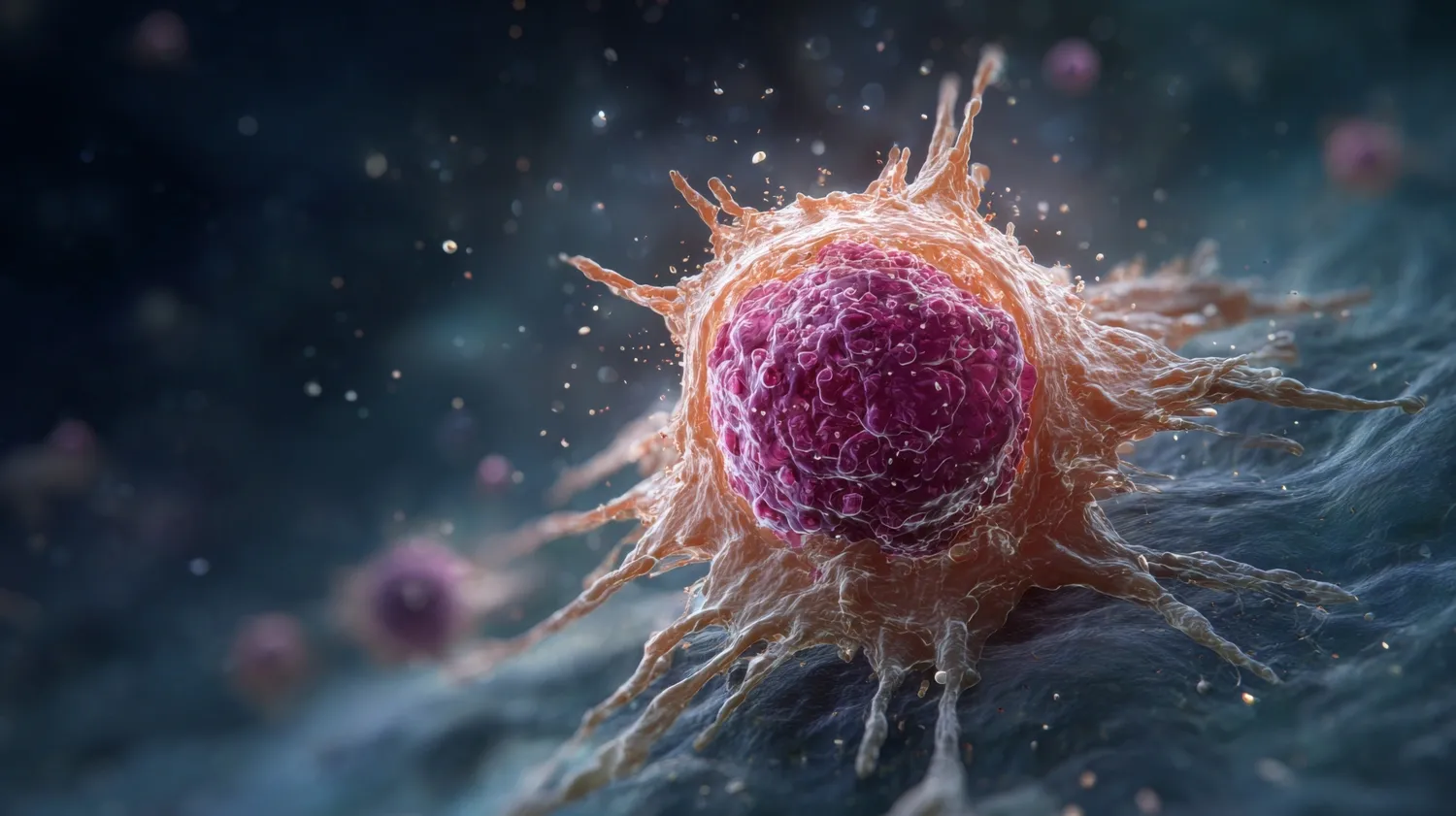Team Immuno-metabolic reprogramming during viral infection
Understanding complex infectious diseases and long-term health requires a unified approach that connects molecular biology, advanced technologies, and real-world human diversity. Our research integrates multi-omics, systems biology, and next-generation experimental platforms to uncover the fundamental principles that govern severe viral outcomes, healthy aging, and viral persistence.

Research Questions:
• What universal immunometabolic signatures define vulnerability, resilience, healthy aging, and viral persistence across diverse infections?
• How can multi-omics and spatial systems biology reveal hidden biological mechanisms that drive severe disease or long-term health?
• How do cutting-edge platforms e.g. super-resolution microscopy, organ-on-chip, and spatial multi-omics, reshape our understanding of host–virus interactions?
• How can AI-driven models integrate molecular, clinical, and demographic data to enable truly personalized medicine in infectious diseases?
• What shared principles emerge across viral pathogenesis, aging biology, and persistent infection and how can discoveries in one area accelerate breakthroughs in another?
Vision & Impact
Our vision is to transform the way we understand, diagnose, and treat complex viral and immune-mediated diseases through cutting-edge science that bridges fundamental biology with real-world clinical impact. By integrating virus research conducted in advanced BSL-3 and BSL-4 facilities with the power of multi-omics, systems biology, and next-generation experimental platforms, we aim to redefine what is possible in modern biomedical research.
We combine comprehensive multi-layered omics approaches, including transcriptomics, proteomics, metabolomics, and spatial multi-omics, with advanced computational modeling to map cellular systems in unprecedented detail. This deep, holistic understanding of host–pathogen interactions fuels our commitment to personalized medicine in infectious diseases, enabling the identification of individual disease signatures and the development of targeted therapeutic strategies.
Our work is driven by the integration of state-of-the-art technologies such as super-resolution microscopy, which allows nanoscale visualization of viral and immune processes; organ-on-chip systems, which recreate physiologically relevant human microenvironments; and spatial multi-omics, which unravels tissue organization and molecular activity within intact biological structures. These techniques, combined with systems-level modeling and AI-enhanced analytics, allow us to uncover mechanisms that remain invisible to traditional approaches.
Through this multidisciplinary vision, we strive to generate scientific insights that not only advance our understanding of the infectious diseases phenotypes at the molecular and cellular level but also deliver meaningful health outcomes, empowering clinicians, informing public health, and supporting the development of next-generation diagnostics and therapeutics.
AROGYA
We have initiated an interdisciplinary study, called AROGYA which means wellbeing in Sanskrit.
The overall aims of the AROGYA project are to use complimentary inter-disciplinary expertise to unravel the physiological and molecular pathways that underline the premature aging of the immune system (immune-aging) and to potentially generate novel therapeutic approaches for age-related diseases with a focus on the people who are living with HIV (PLHIV).
This project received several funding from The Swedish Research Council and Karolinska Institute.
To know more - visit: AROGYA: Healthy Aging with HIV | Karolinska Institutet
COMBAT
COMBAT is an ambitious initiative at the forefront of dengue research and pandemic preparedness, pioneering innovative antiviral strategies to alleviate the burden of dengue infection while deepening our understanding of its complex pathogenesis through cutting-edge multi-modal technologies.
This project has received funding from the European Union’s Horizon 2020 research and innovation programme under grant agreement No 101191315
To know more - visit: Combat Dengue | Combat Dengue
